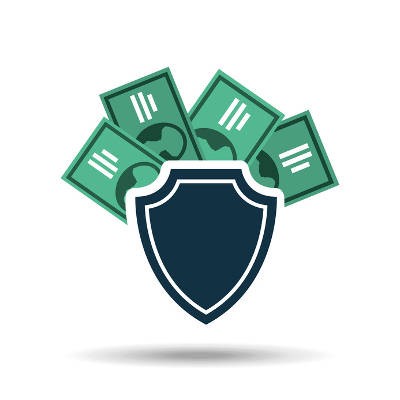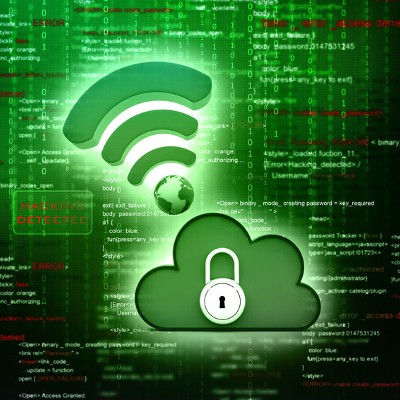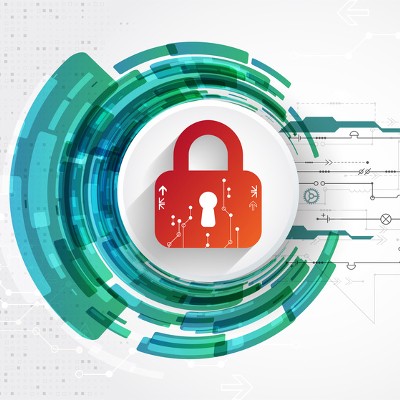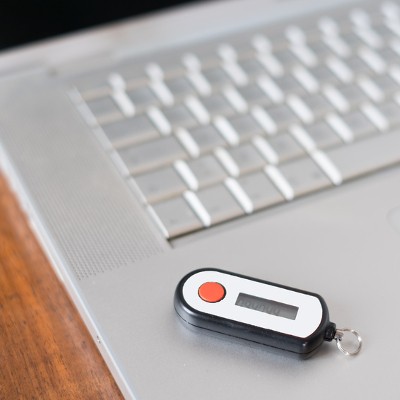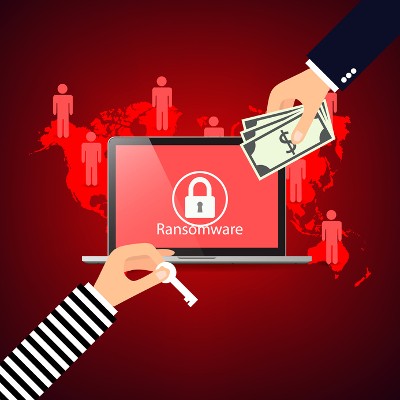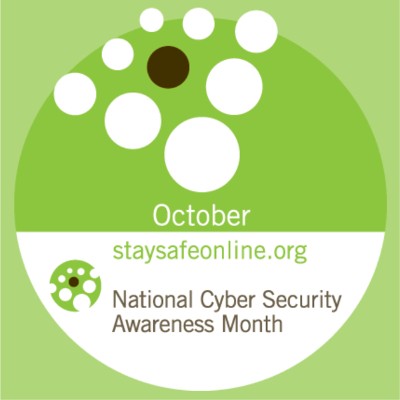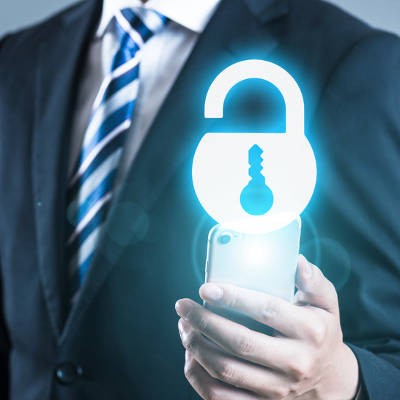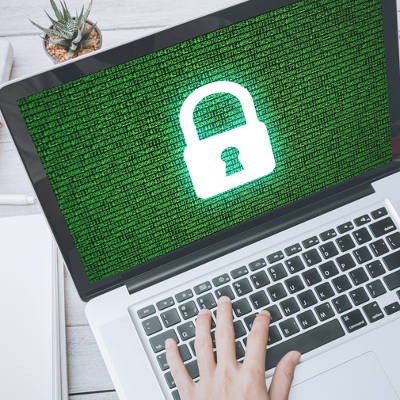Ferrum Technology Services Blog
To many, email scams have become a joke. Sitcoms have throwaway punchlines that reference a character getting an email from a rich uncle in Nigeria, or some friend needing funds to get home from an overseas trip. One of these scams may not at first seem to be amusing, as it threatens the recipient’s life, but if read further, proves to be quite the drama.
For the modern business, having a strategy to manage your employees smartphone use is essential. This is because most of the people that work for you have smartphones. One study shows that upwards of 90 percent of people under 30 own a smartphone. If you have any design on running a business, or employing millennials (who are the largest generation in the current workforce), you’ll need to know what you are doing to protect your business from the increasing amount of threats that are out there targeting smartphones.
The holiday season is coming to a close, with meals shared and gifts opened. You may have even received a new gizmo or doodad that you’re looking forward to trying out. Not to burst your bubble, but there is unfortunately a chance that the gizmo you had hoped to get (or purchased for a loved one) may lead to a security breach.
In 2018, enhancing cybersecurity has to be at the top of every business owner’s to-do list. If your business relies on Internet-connected computing at all, you need to invest, and invest wisely in innovative security constructs. Fueled by demand, organizations from around the world have made a point to protect themselves, their data, and their customers’ personal information against some of the most sophisticated threats ever created. They’ve done so in many ways that include utilizing cloud computing, biometric identification and authentication, security analysis, and managed security services.
How many applications does your business use on a daily basis? Managing and maintaining them all can be quite the challenge for a number of reasons--particularly if your organization doesn’t have a dedicated IT technician. It’s important that you take a look at your current situation and determine what roadblocks there are that could cause problems for your organization's securty.
As you run your business, you need to remember a few things. First, your digital security is an incredibly important consideration, as your crucial data could be tampered with or stolen outright. However, you can’t forget the shared importance of your physical security systems and how they will keep your business safe as well.
As much as we personify the items in our life, we should remember that they are just that: items. However, technology has made it so that these items seem to be getting smarter through artificial intelligence. The first computer to play chess against a human opponent was introduced in 1956, and ever since, humanity has strived to make progress in the field of AI. In fact, AI is so valuable that even hackers are trying to take advantage of it.
The Equifax data breach has been a considerable issue for countless individuals, exposing sensitive information that could lead to identity theft and so much more. In response to this breach, some experts are recommending that consumers go as far as freezing their credit lines because of the potential for breaches. Well, it all comes down to a PIN--something that can be easily guessed by a hacker under the right circumstances.
The Internet is a vast place filled to the brim with threats, especially for businesses that need to preserve the integrity of their infrastructure and keep critical data safe. The Cisco 2017 Annual Cybersecurity Report states that ransomware is growing at a yearly rate of 350%, which is a considerable number to say the least. Here are five tips that can help you keep your business safe from ransomware infections.
Every October, the Department of Homeland Security (DHS), United States Computer Emergency Readiness Team (CERT), and the Federal Bureau of Investigation (FBI) join forces to drive cyber security awareness. Cybercrime is a constant threat to individuals and businesses, alike. In fact, the risk is so significant that the US government decided to step up and offer information and resources stressing the importance of cyber security and raise awareness on the best practices to utilize when protect your nonpublic information.
Microsoft’s monthly Patch Tuesday issued resolutions to 48 vulnerabilities in August, including 15 that affected Windows, 25 critical flaws, 21 important flaws, and 27 that allowed for remote execution. This is a lot to consider, but the main jist of this is that lots of threats were fixed, and that your organization shouldn’t risk not implementing them as soon as possible.
While not always the case, hackers will generally act with a purpose. They might be looking to snatch some personally identifiable information from a database, or account credentials form unwary users. Regardless, hackers will go to any length to collect this information from unsuspecting users, and you need to do what you can to protect it.
With technology being so important for modern business, these organizations have to be cognizant of industry and technology trends that could be used to improve their company’s productivity. How do the newest business technology trends affect your organization's ability to sustain or build revenue streams?
You’ve been told that it’s a best practice to ensure that you never leave your workstation without locking it first. Yet, if you’re only stepping away for a few minutes, it might be tempting to just allow it to remain unlocked. But what happens when you step away for longer than expected? You leave your computer exposed to all manners of threats. Thankfully, a new solution allows for a fix with a device that most are never without: the smartphone.
With the explosive popularity of social networking, the Internet seems to be a less private place than ever. With both communication and cyber crime rising in commonality, online privacy seems to be turning into a less attainable goal than ever. However, for this week’s tip, we’ll review some of the tools out there that can help you fight for your right to privacy.
Technology has revolutionized business. However, along with all the advantages and benefits technology affords us, it comes with a few risks and vulnerabilities that some businesses are still struggling to come to terms with. For example, storing records electronically makes them easier to organize and locate when they’re needed. It also makes them vulnerable to hacker and cyber-attacks. Still, most SMBs are working toward mitigating risks as opposed to abandoning the use of technology in their business operations - and a current assessment of the situation does show improvement over past years.
Network security is equally important for businesses of all sizes. Ensuring that your infrastructure remains firm is one of the most crucial tasks in managing a business. You don’t have to do it alone, though. There are enterprise-level tools available that can give small businesses the same security standards as larger organizations, and it all starts with a Unified Threat Management (UTM) solution.

